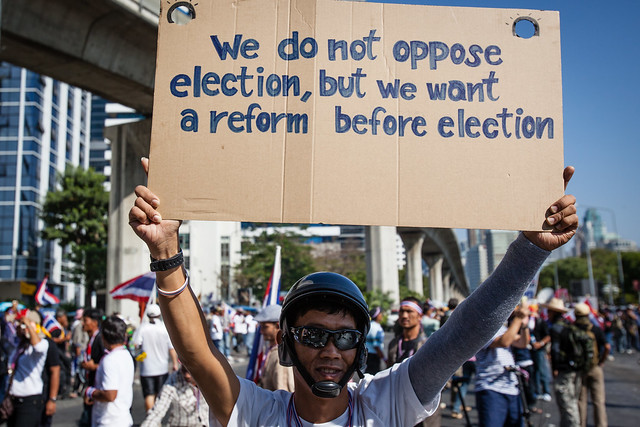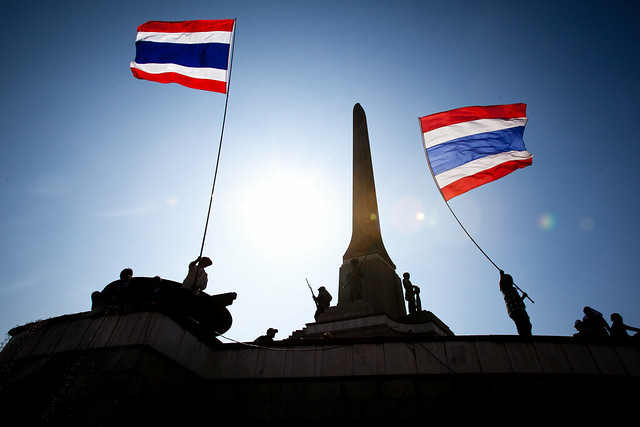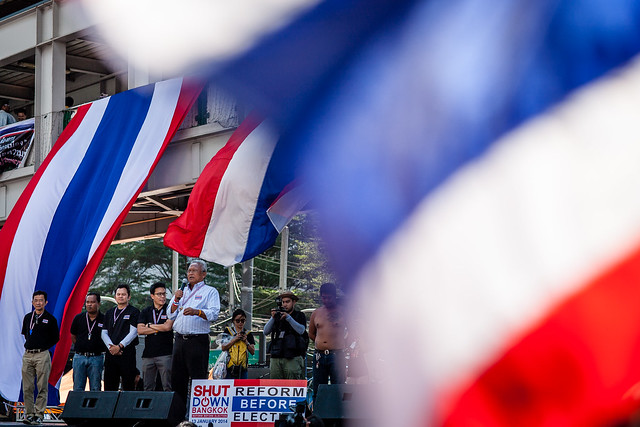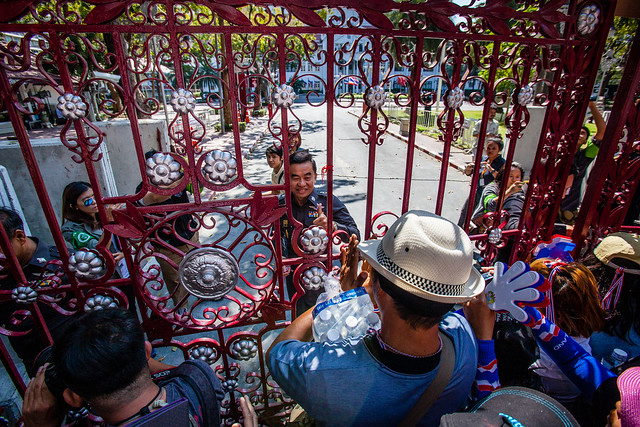George said:
“You know we are on a wrong track altogether. We must not think of the things we could do with, but only of the things that we can’t do without.”
George comes out really quite sensible at times. You’d be surprised. I call that downright wisdom, not merely as regards the present case, but with reference to our trip up the river of life, generally. How many people, on that voyage, load up the boat till it is ever in danger of swamping with a store of foolish things which they think essential to the pleasure and comfort of the trip, but which are really only useless lumber.
How they pile the poor little craft mast-high with fine clothes and big houses; with useless servants, and a host of swell friends that do not care twopence for them, and that they do not care three ha’pence for; with expensive entertainments that nobody enjoys, with formalities and fashions, with pretence and ostentation, and with — oh, heaviest, maddest lumber of all! — the dread of what will my neighbour think, with luxuries that only cloy, with pleasures that bore, with empty show that, like the criminal’s iron crown of yore, makes to bleed and swoon the aching head that wears it!
It is lumber, man — all lumber! Throw it overboard. It makes the boat so heavy to pull, you nearly faint at the oars. It makes it so cumbersome and dangerous to manage, you never know a moment’s freedom from anxiety and care, never gain a moment’s rest for dreamy laziness — no time to watch the windy shadows skimming lightly o’er the shallows, or the glittering sunbeams flitting in and out among the ripples, or the great trees by the margin looking down at their own image, or the woods all green and golden, or the lilies white and yellow, or the sombre-waving rushes, or the sedges, or the orchis, or the blue forget-me-nots.
Throw the lumber over, man! Let your boat of life be light, packed with only what you need — a homely home and simple pleasures, one or two friends, worth the name, someone to love and someone to love you, a cat, a dog, and a pipe or two, enough to eat and enough to wear, and a little more than enough to drink; for thirst is a dangerous thing.
You will find the boat easier to pull then, and it will not be so liable to upset, and it will not matter so much if it does upset; good, plain merchandise will stand water. You will have time to think as well as to work. Time to drink in life’s sunshine — time to listen to the Æolian music that the wind of God draws from the human heart-strings around us — time to —
I beg your pardon, really. I quite forgot.
Jerome K. Jerome, Three Men in a Boat (to say nothing of the dog), 1889.








